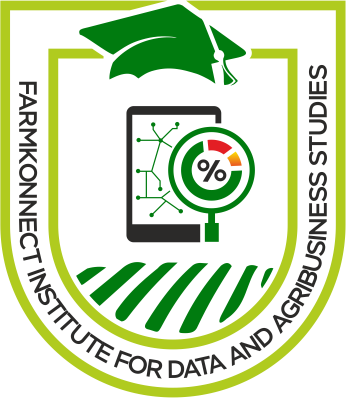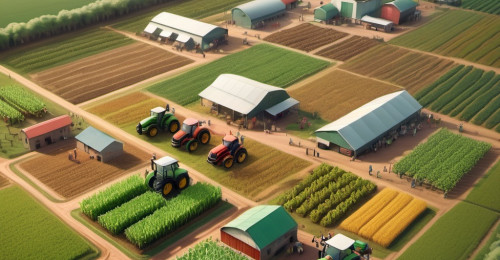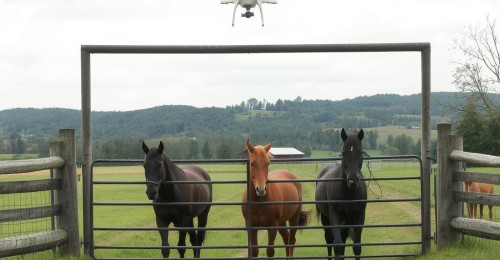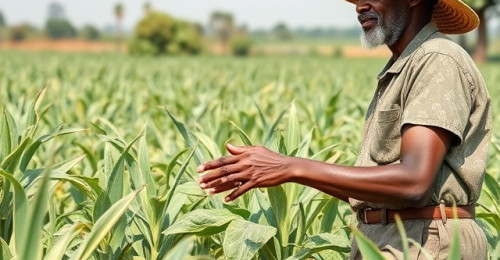Course Description
Agricultural real estate is emerging as a groundbreaking alternative for financing agricultural projects. In an era where raising capital for farming can be challenging, this model offers a solution by structuring farming operations similarly to real estate. Instead of individual small-scale farmers struggling to access resources and investments, agricultural real estate allows farmers to pool their assets—land, equipment, and services—into a collective cluster. This collaboration transforms them into large-scale operations that are more attractive to investors.
In this course, you will learn how agricultural real estate works, from the pooling of diverse resources to the structuring of projects. We will explore how this model differs from crowdfunding, focusing on long-term collaboration and asset-based investment strategies rather than simple financial contributions.
The course will guide you through the benefits of agricultural real estate, including how it fosters innovation, scales farming operations, and creates a shared platform for success. We will also cover how this mechanism can help farmers overcome traditional financing barriers and position themselves for sustainable growth in agriculture.
By the end of the course, participants will understand the fundamentals of agricultural real estate and how it can be a powerful tool for scaling up agricultural businesses.
What You’ll Learn?
Objectives of the Course
- To introduce participants to the concept of agricultural real estate.
- To explain how agricultural real estate differs from crowdfunding and other financing models.
- To explore how pooling resources can scale small farmers into large-scale operations.
- To highlight the potential for attracting investment into agricultural projects through this model.
Lessons: 3






